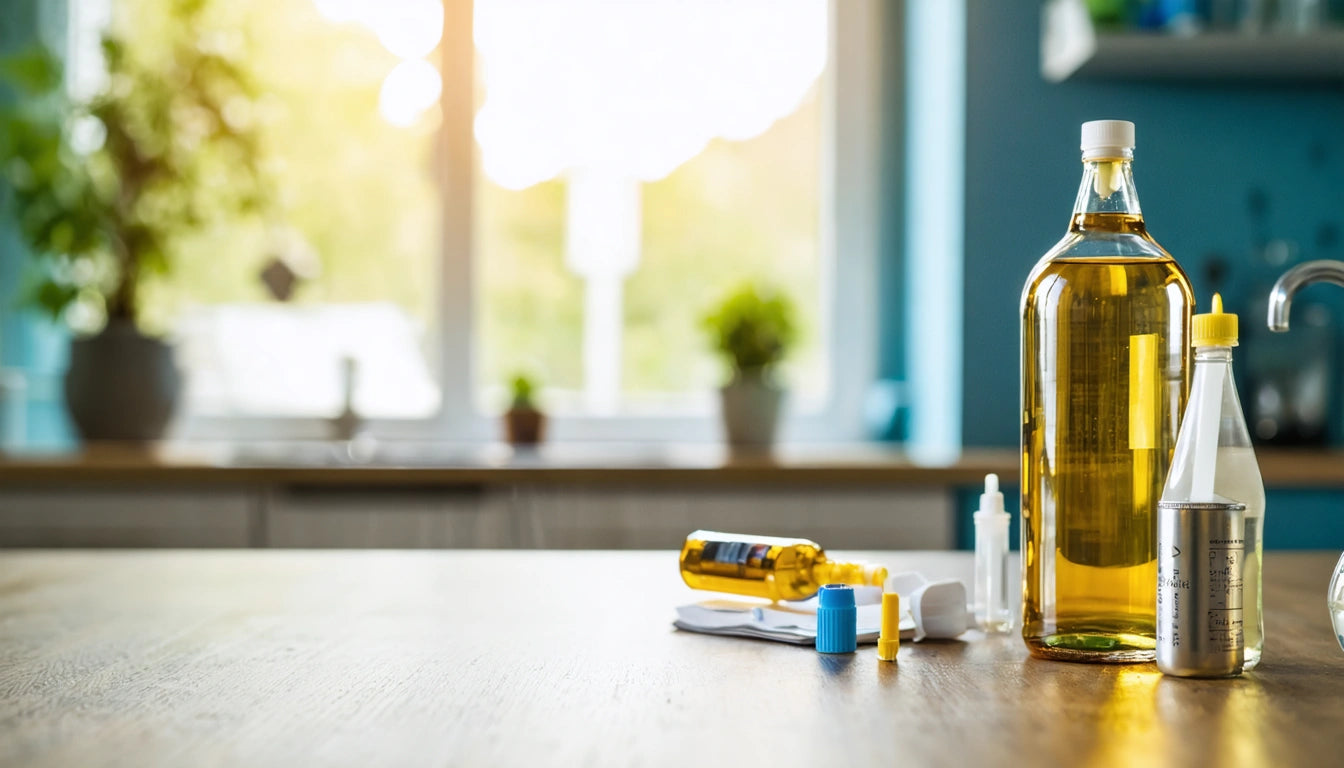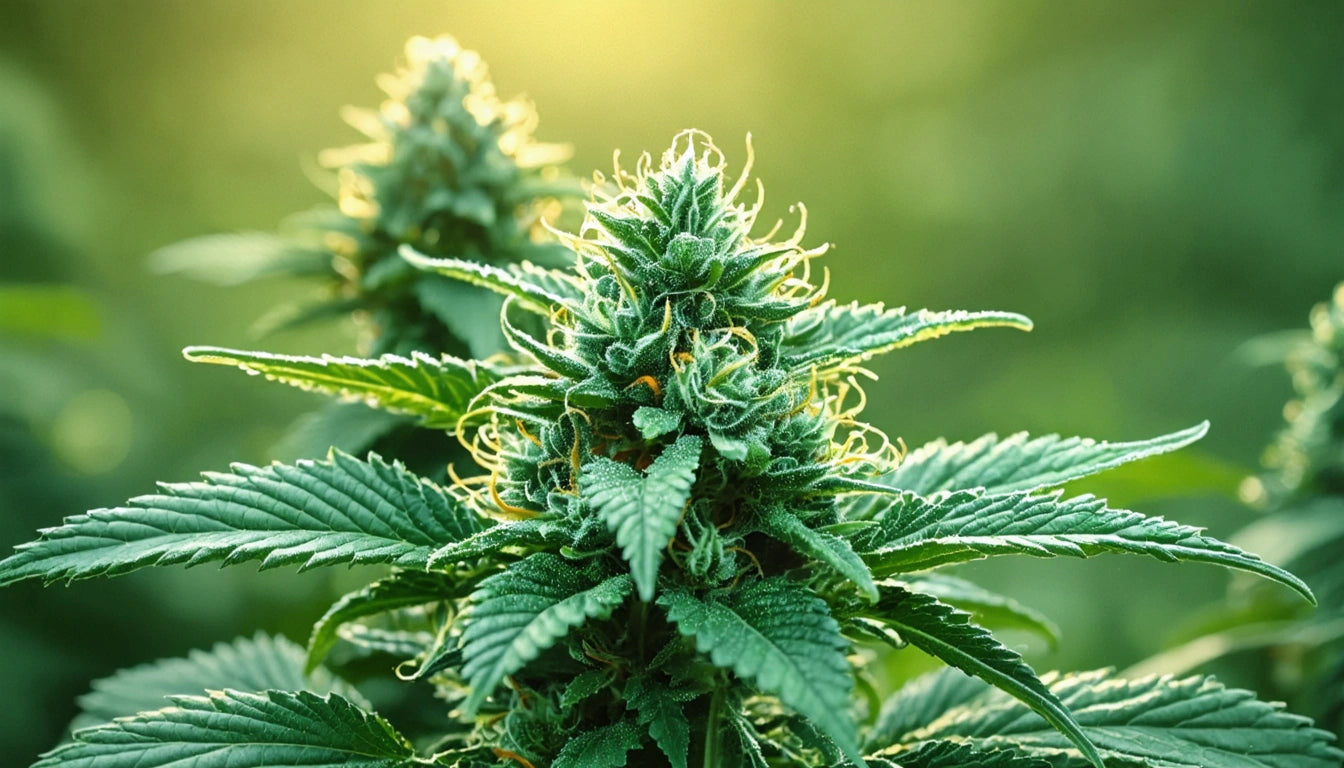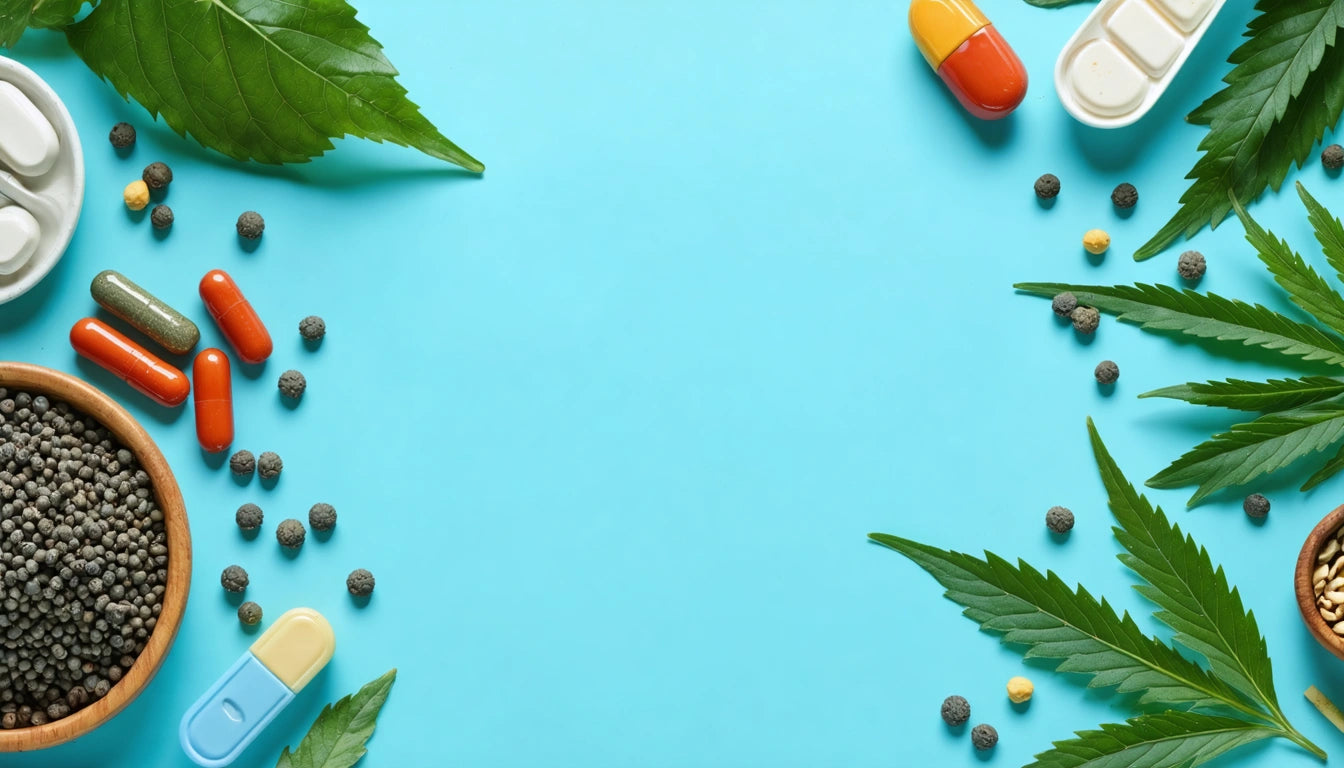- Understanding Alcohol Detection in Urine Tests
- Detection Timeframes for Alcohol in Urine
- Preparation Strategies Before Your Test
- Hydration Techniques That Improve Results
- Dietary Considerations for Clearer Results
- Common Testing Methods and What They Detect
- Legal Considerations and Ethical Approaches
- Future Testing Technology and Preparation Evolution
Effective Strategies for Passing an Alcohol Urine Test
Facing an alcohol urine test can be stressful, whether for employment, legal compliance, or personal reasons. Understanding how these tests work and the most effective preparation methods can help you approach the situation with confidence. This guide explores science-backed strategies for how to pass an alcohol urine test while maintaining ethical standards.
Understanding Alcohol Detection in Urine Tests
Alcohol urine tests don't typically detect ethanol directly. Instead, they identify metabolites like ethyl glucuronide (EtG) and ethyl sulfate (EtS), which remain in your system much longer than alcohol itself. Standard drug panels may include alcohol screening, though specialized tests are more common for specific alcohol detection.
Types of Alcohol Markers
The two primary markers tested in urine include:
- EtG (ethyl glucuronide): Detectable for up to 80 hours after consumption
- EtS (ethyl sulfate): Generally detectable for 24-48 hours
These metabolites provide a much longer detection window compared to breathalyzers, which only detect recent consumption. Understanding which marker your test targets is crucial for proper preparation.
Detection Timeframes for Alcohol in Urine
How long alcohol remains detectable depends on several factors:
- Quantity consumed
- Frequency of consumption
- Individual metabolism
- Test sensitivity
For occasional drinkers, standard detection windows are:
- Traditional urine tests: 12-24 hours
- EtG tests: 48-80 hours (up to 5 days with heavy consumption)
Regular drinkers may experience longer detection periods due to accumulated metabolites. When preparing for how to pass a urine test for alcohol, timing is everything.
Preparation Strategies Before Your Test
The most reliable strategy for passing an alcohol urine test is abstinence. However, if you're concerned about recent consumption, these approaches may help:
Timing Considerations
Plan your abstinence period based on the test type:
- Standard test: Minimum 24 hours of abstinence
- EtG test: 3-4 days of abstinence recommended
As we discuss in our guide on passing alcohol and drug tests, proper planning is the most effective approach.
Hydration Techniques That Improve Results
Proper hydration can help eliminate alcohol metabolites more efficiently:
- Drink 2-3 liters of water daily for several days before the test
- Avoid excessive water consumption right before testing (may flag as dilution)
- Balance with electrolytes to maintain natural urine composition
Similar to strategies for passing other urine drug tests, gradual, consistent hydration works better than last-minute attempts.
Dietary Considerations for Clearer Results
Certain foods and supplements may support your body's natural detoxification processes:
- B vitamins help maintain urine color despite increased hydration
- Antioxidant-rich foods support liver function
- High-fiber foods may help bind and eliminate toxins
When preparing for how to pass a urine alcohol test, remember that no food or supplement can eliminate alcohol metabolites instantly. These dietary approaches work best as part of a comprehensive preparation strategy.
Common Testing Methods and What They Detect
Understanding the specific testing methodology helps you prepare more effectively:
Direct Alcohol Tests
These detect ethanol itself and have a short detection window (12-24 hours).
EtG/EtS Testing
These detect metabolites with much longer detection windows (up to 80 hours). Many people seeking information about passing urine tests quickly don't realize alcohol metabolites have different timeframes than other substances.
Some testing facilities use advanced equipment that can detect even trace amounts of alcohol biomarkers. Our experience in the cannabis industry has taught us that understanding testing technology is crucial, whether you're dealing with specialized product testing requirements or preparing for personal screening.
Legal Considerations and Ethical Approaches
It's important to approach alcohol testing with integrity:
- Attempting to adulterate samples can have serious legal consequences
- Many testing facilities have measures to detect sample tampering
- Honesty with monitoring authorities about prescribed medications is recommended
For those in recovery programs or legal monitoring, transparency is always the best policy. Similar to marijuana testing preparation, understanding your rights and responsibilities is essential.
Future Testing Technology and Preparation Evolution
Alcohol testing continues to evolve with more sensitive detection methods emerging. Future developments may include:
- More accurate biomarkers with longer detection windows
- Portable testing with immediate results
- Combined testing for multiple substances
As testing technology advances, preparation strategies must adapt accordingly. The most reliable approach for how to pass an alcohol urine test remains abstinence for an appropriate period before testing.
By understanding detection windows, proper hydration techniques, and the specific test you'll face, you can approach your alcohol urine test with confidence and integrity. Remember that the best strategy is always a lifestyle that aligns with your testing requirements rather than last-minute solutions.











Leave a comment
All comments are moderated before being published.
This site is protected by hCaptcha and the hCaptcha Privacy Policy and Terms of Service apply.